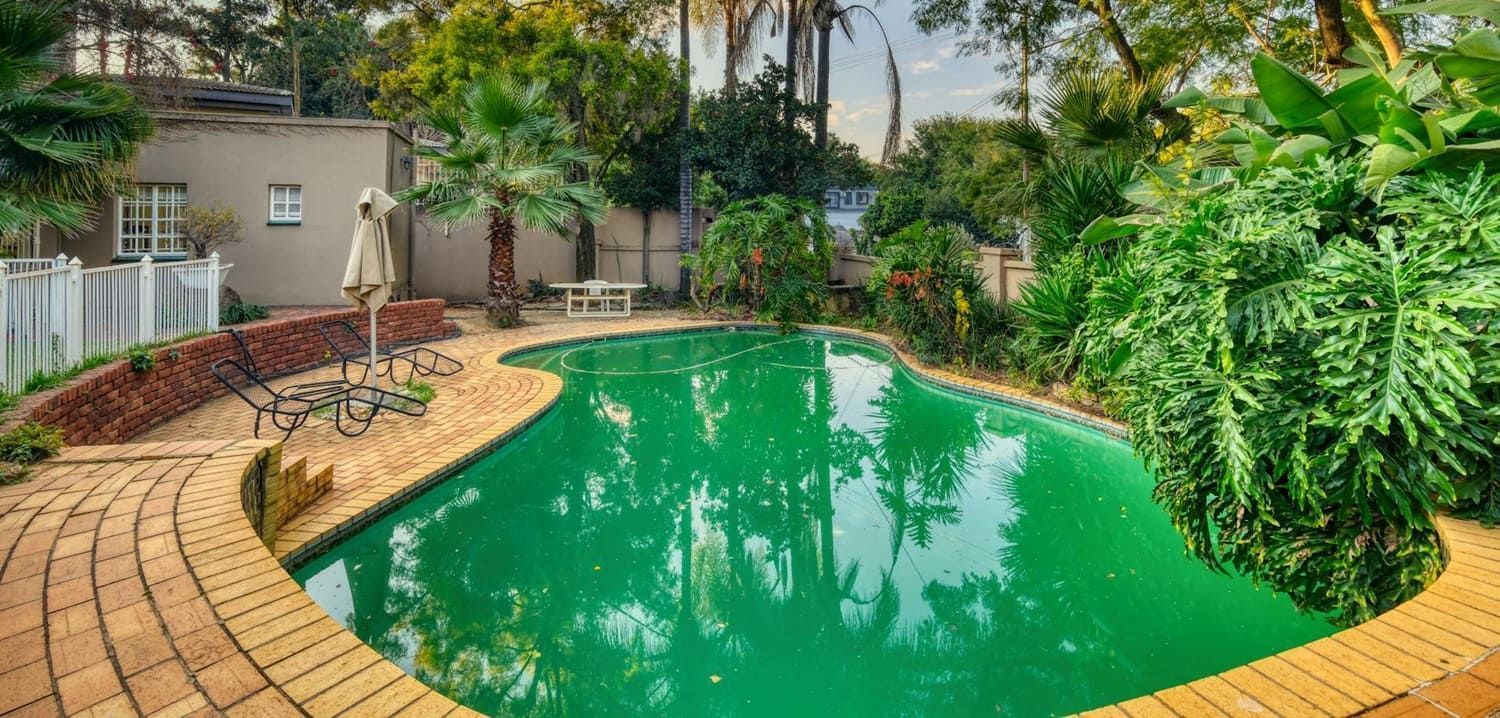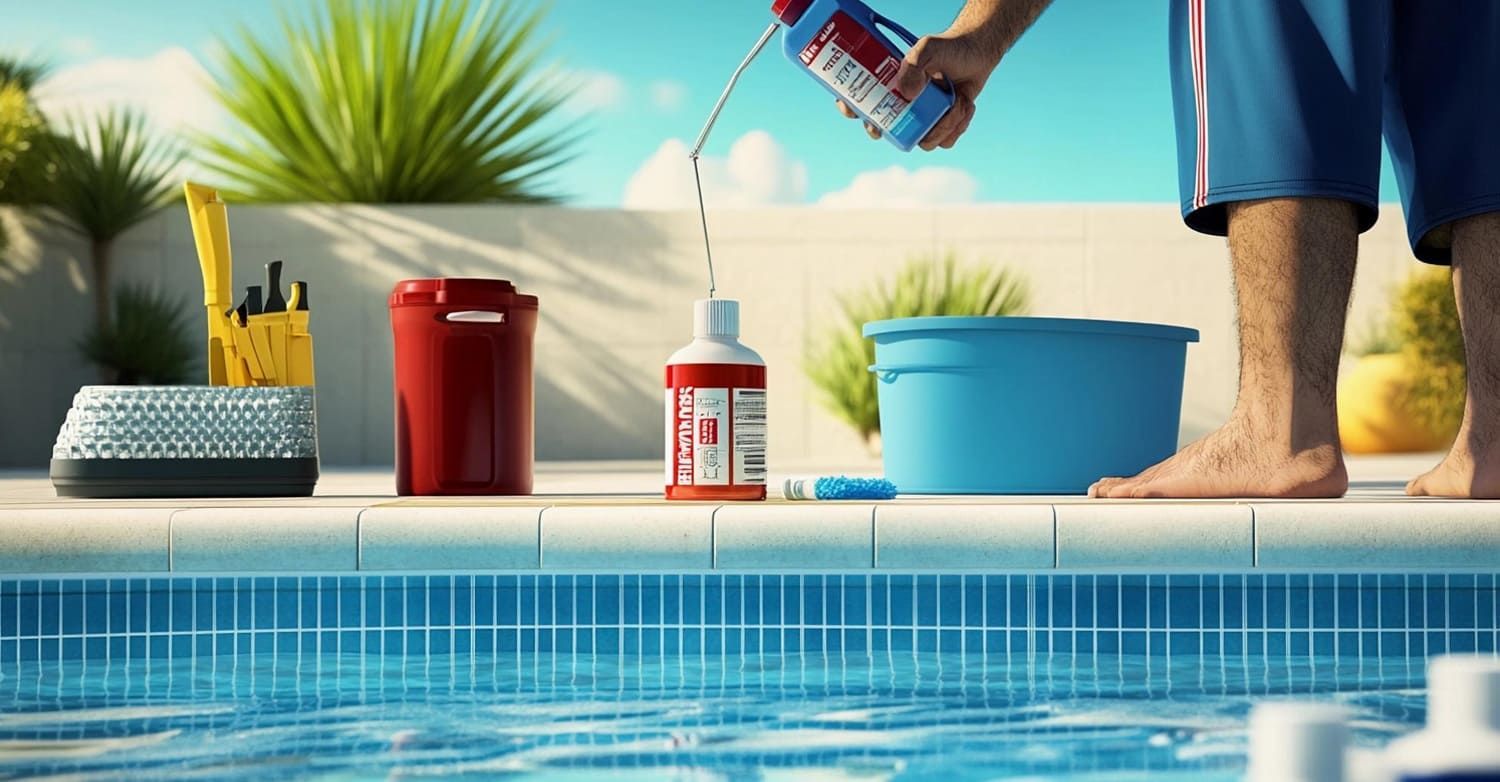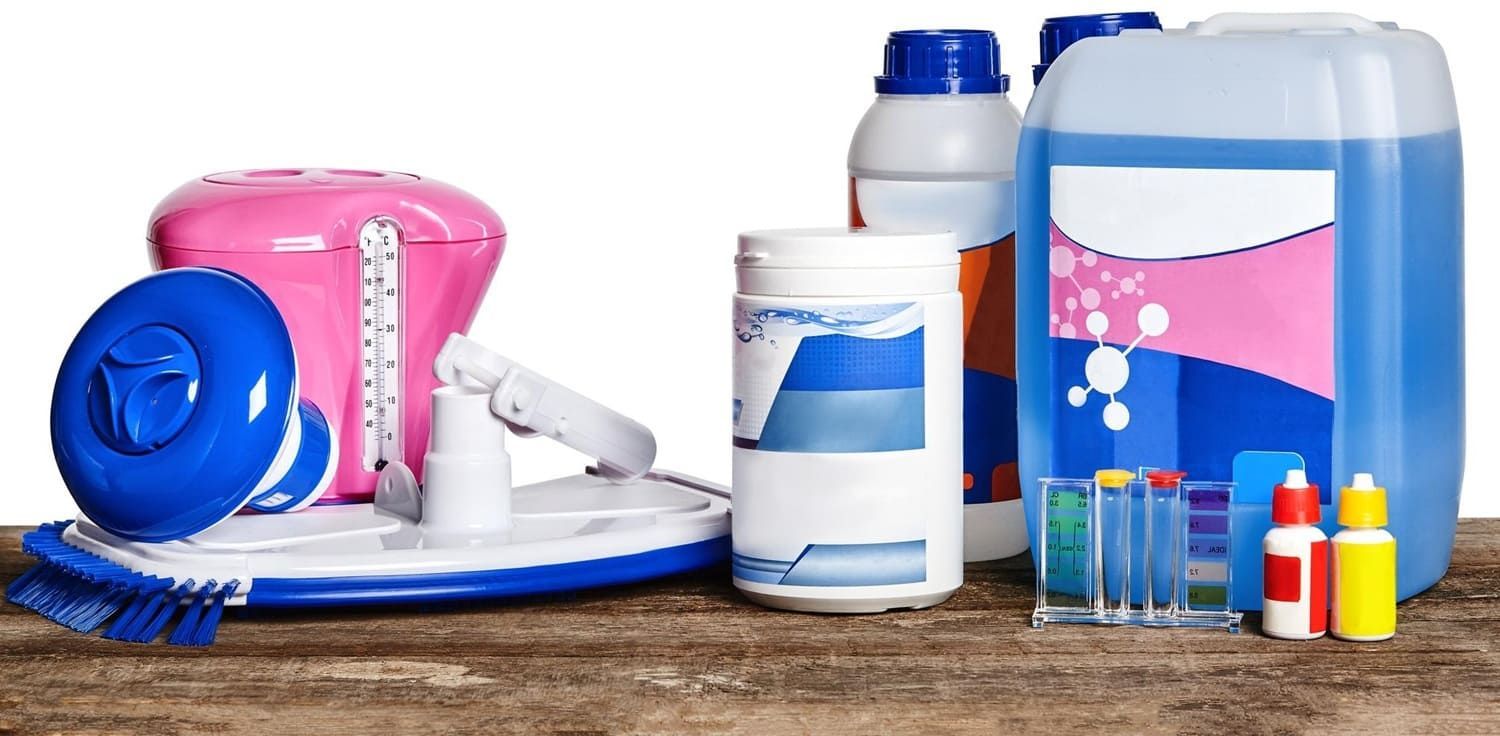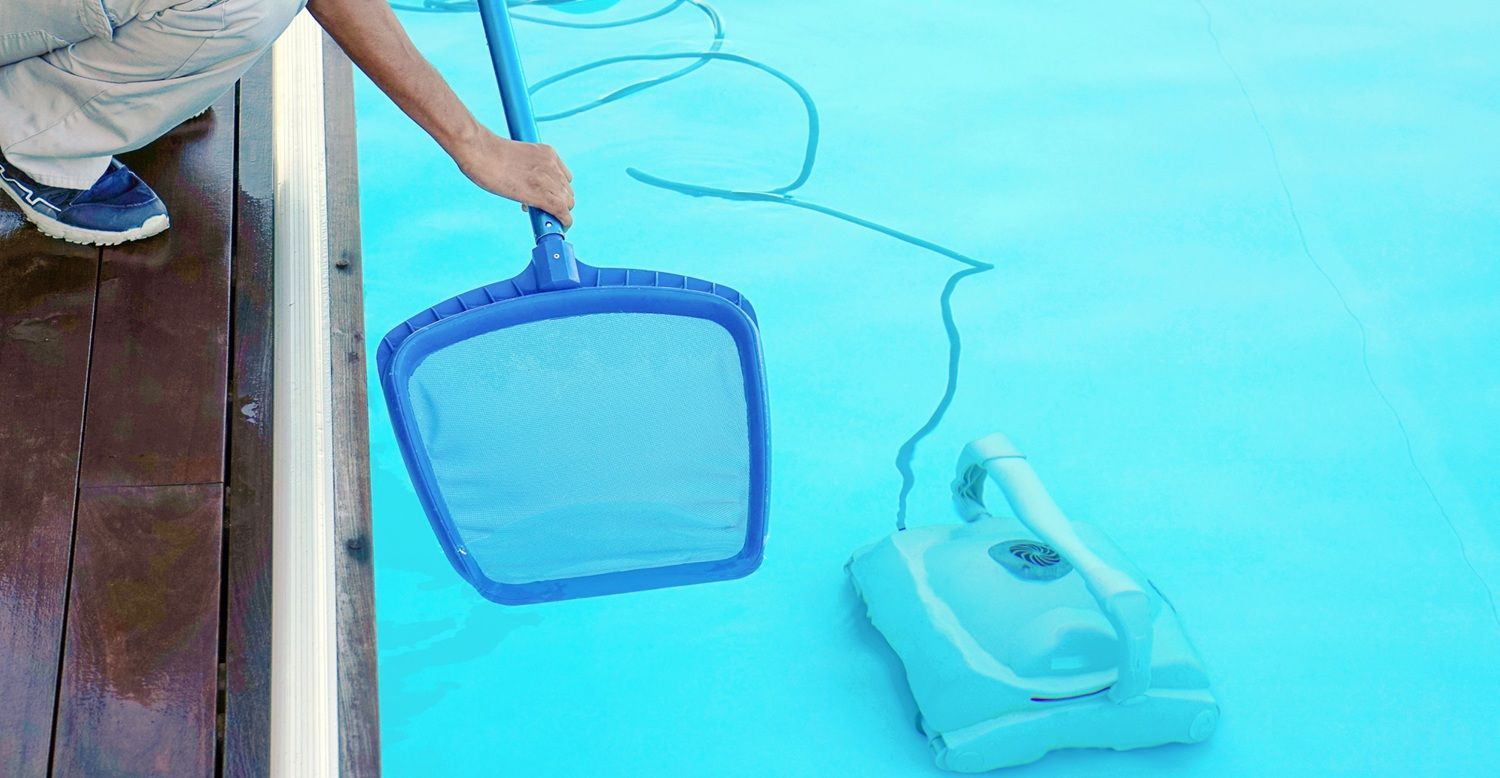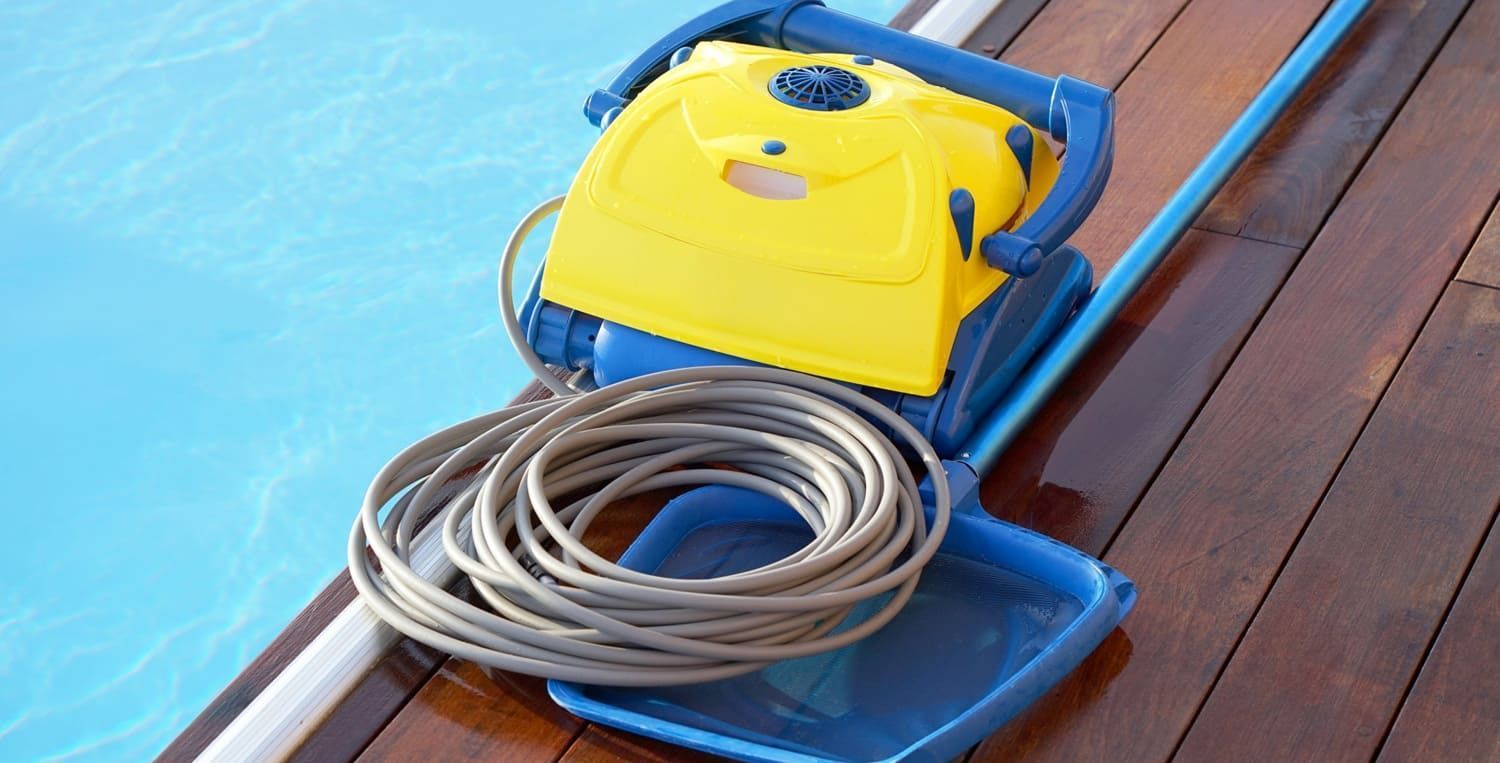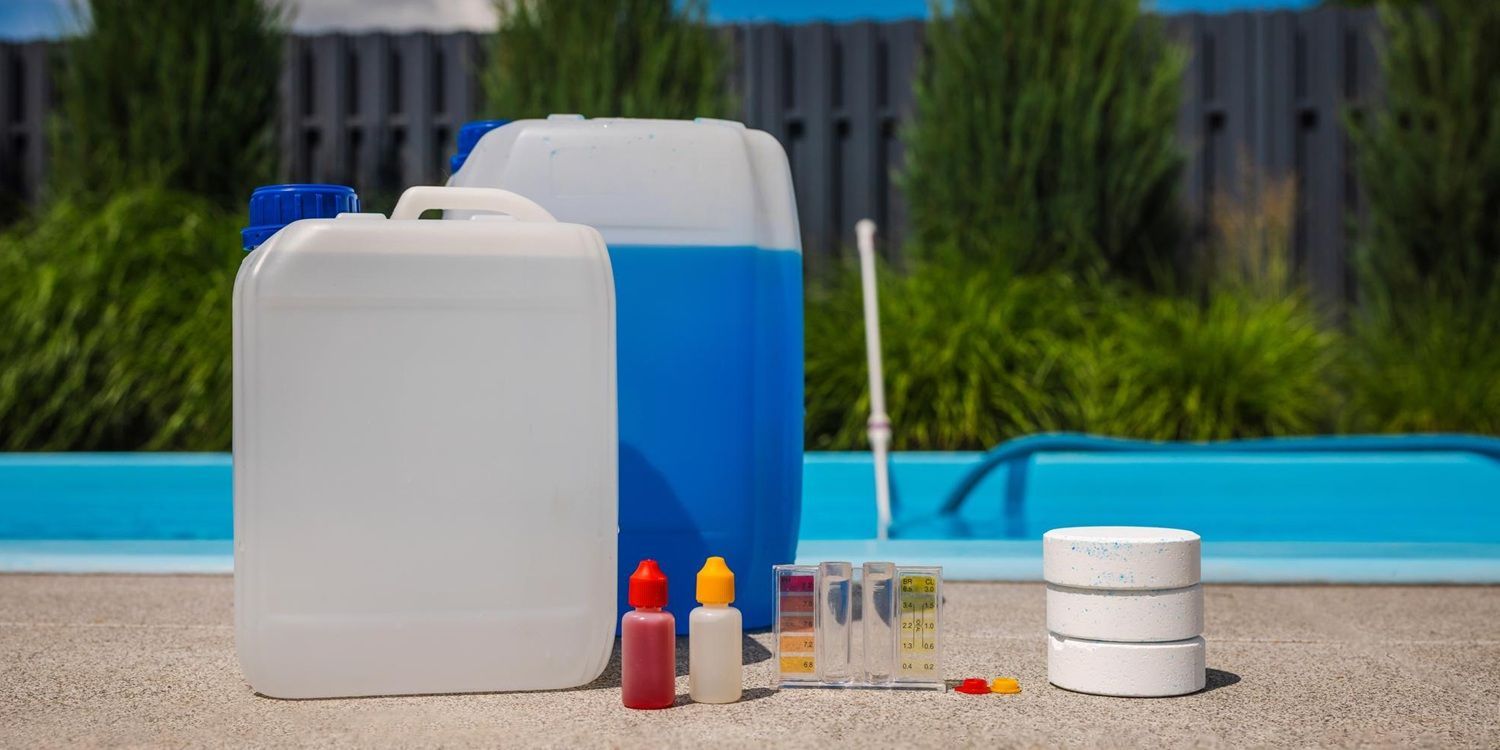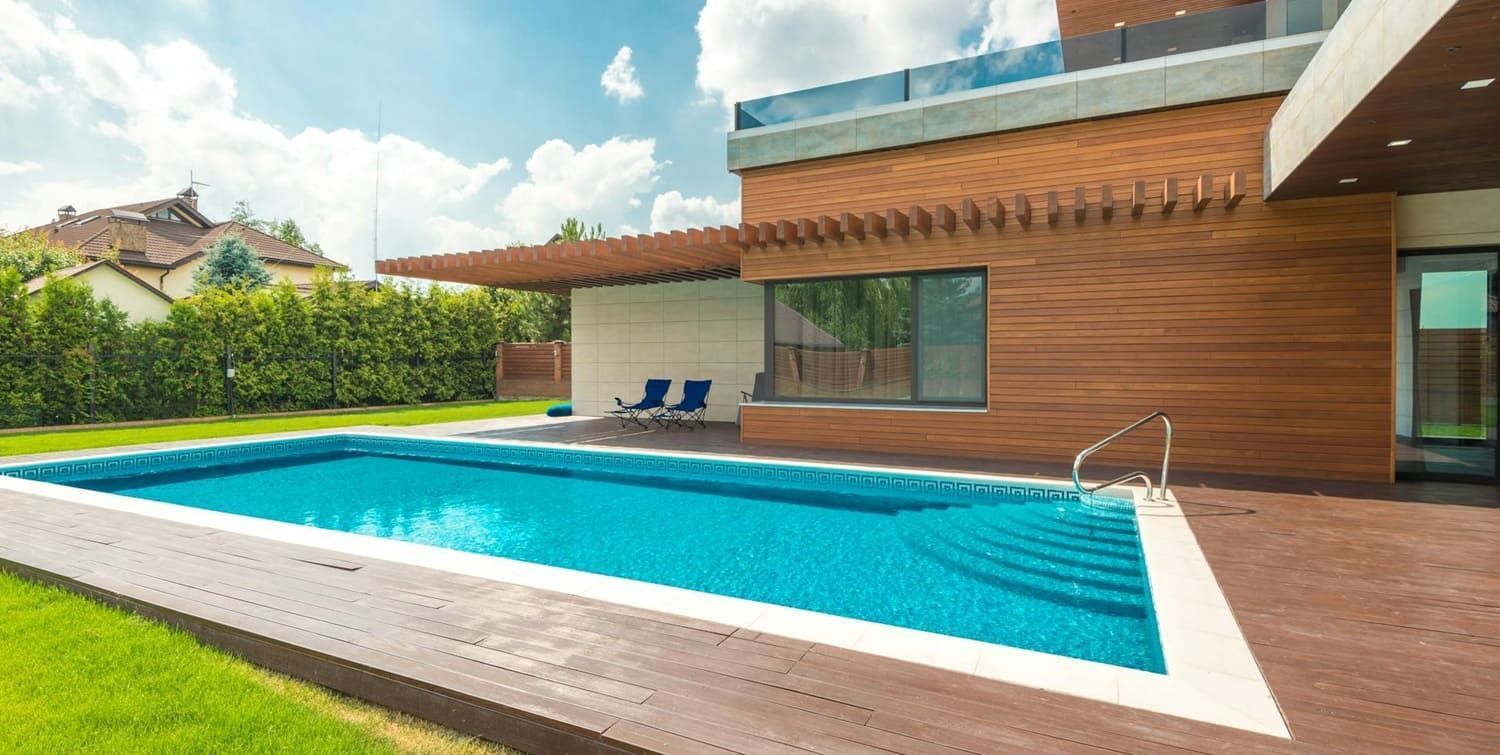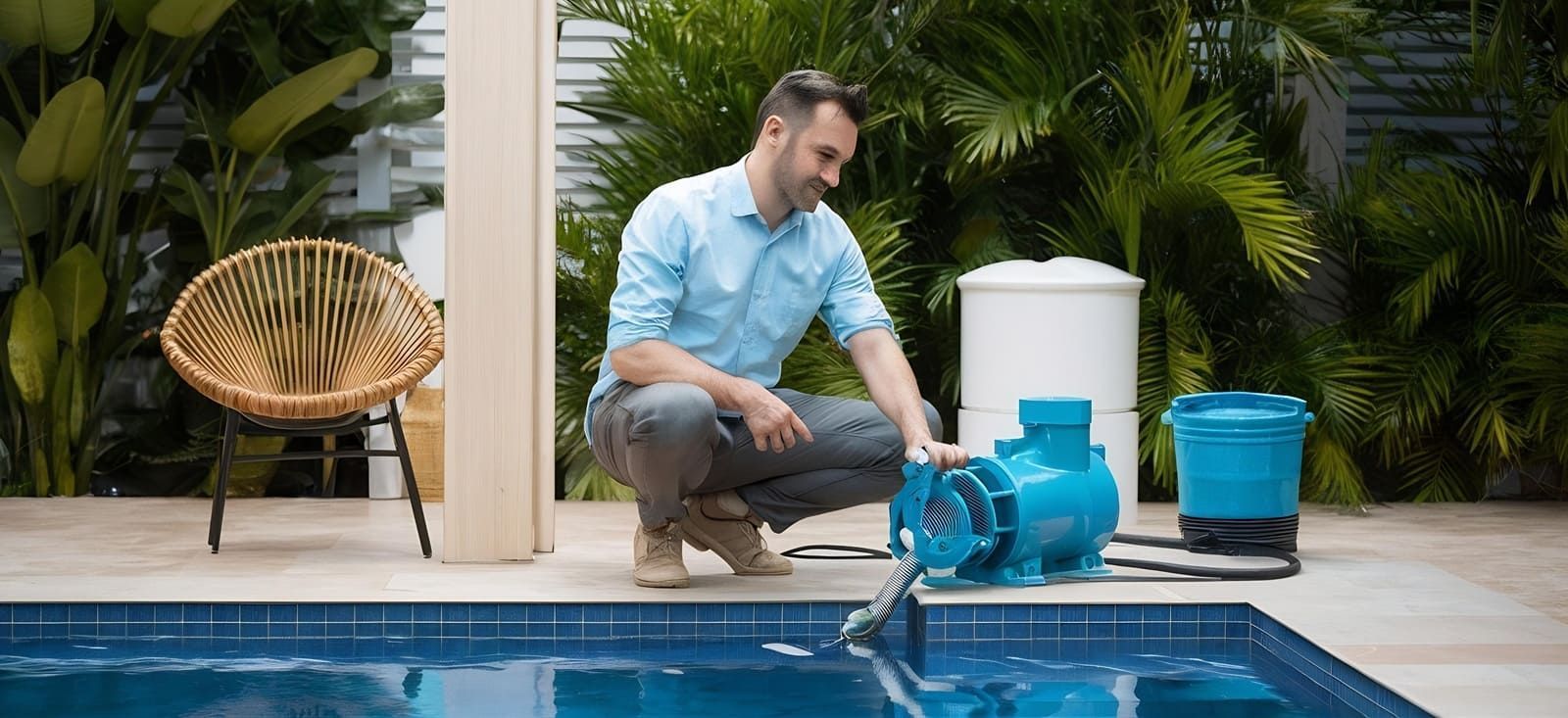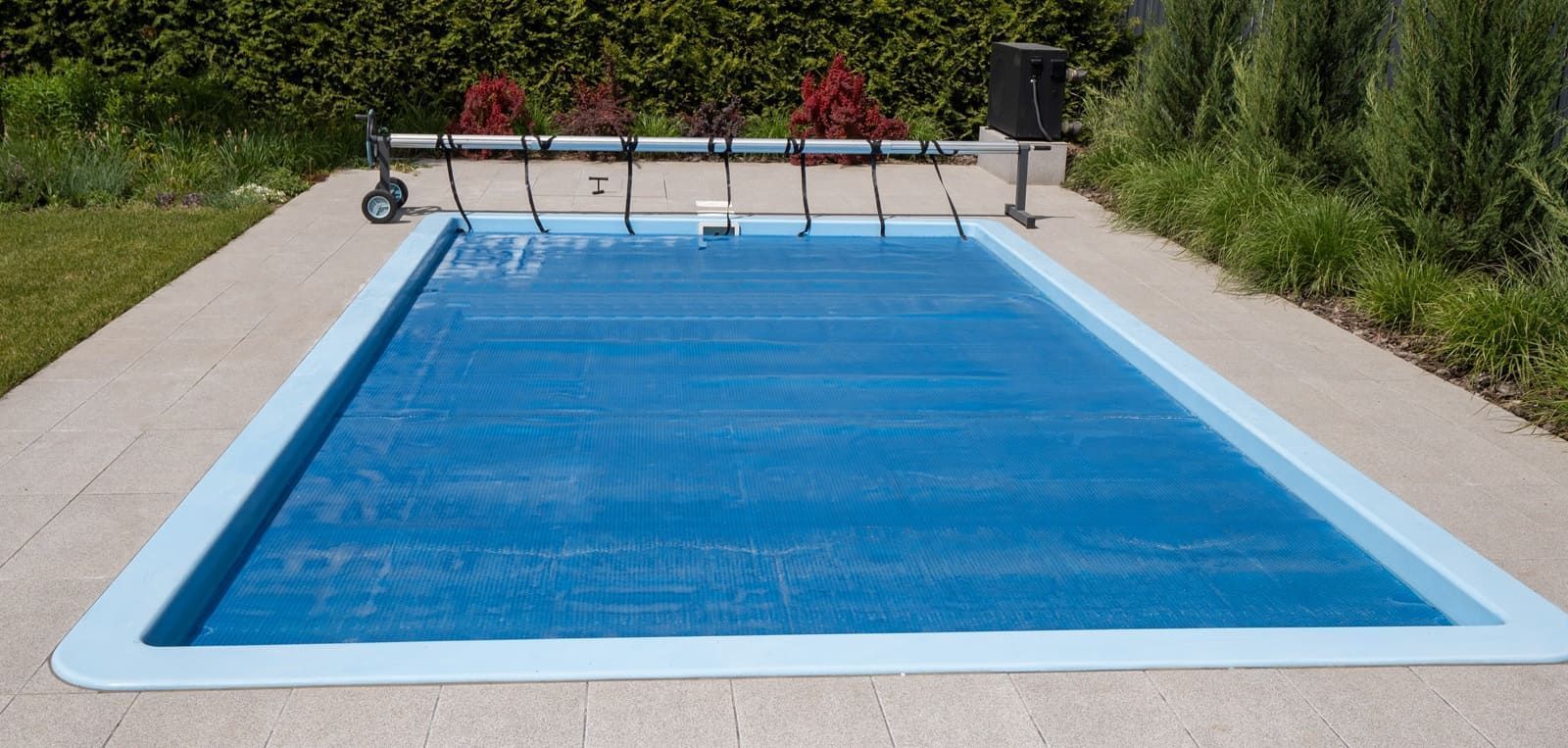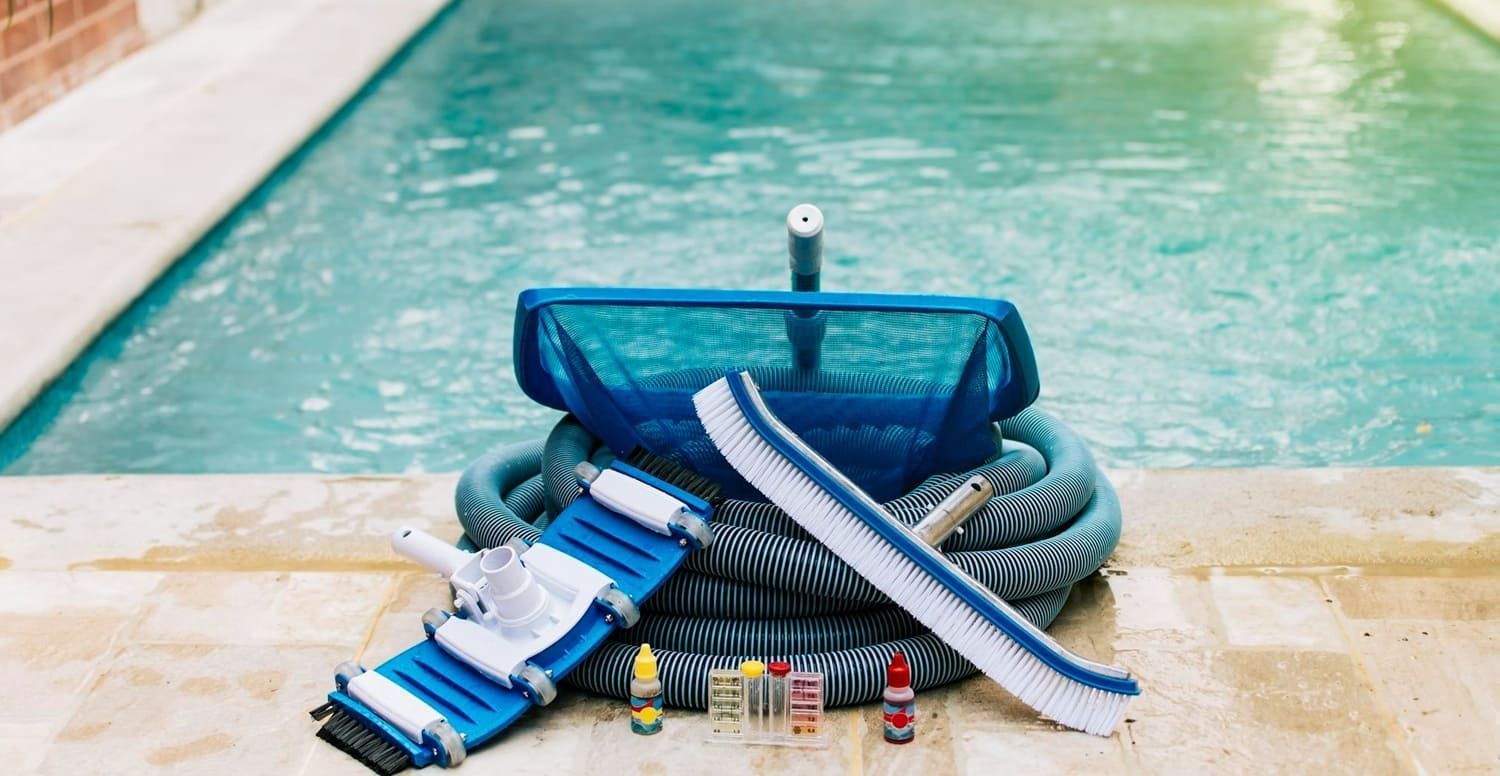5 Things You Can Do to Better Control Calcium Buildup in Pool
Looking to avoid constant calcium buildup in your pool? Take a look at these 5 helpful things you can do to help avoid calcium buildup in pool.
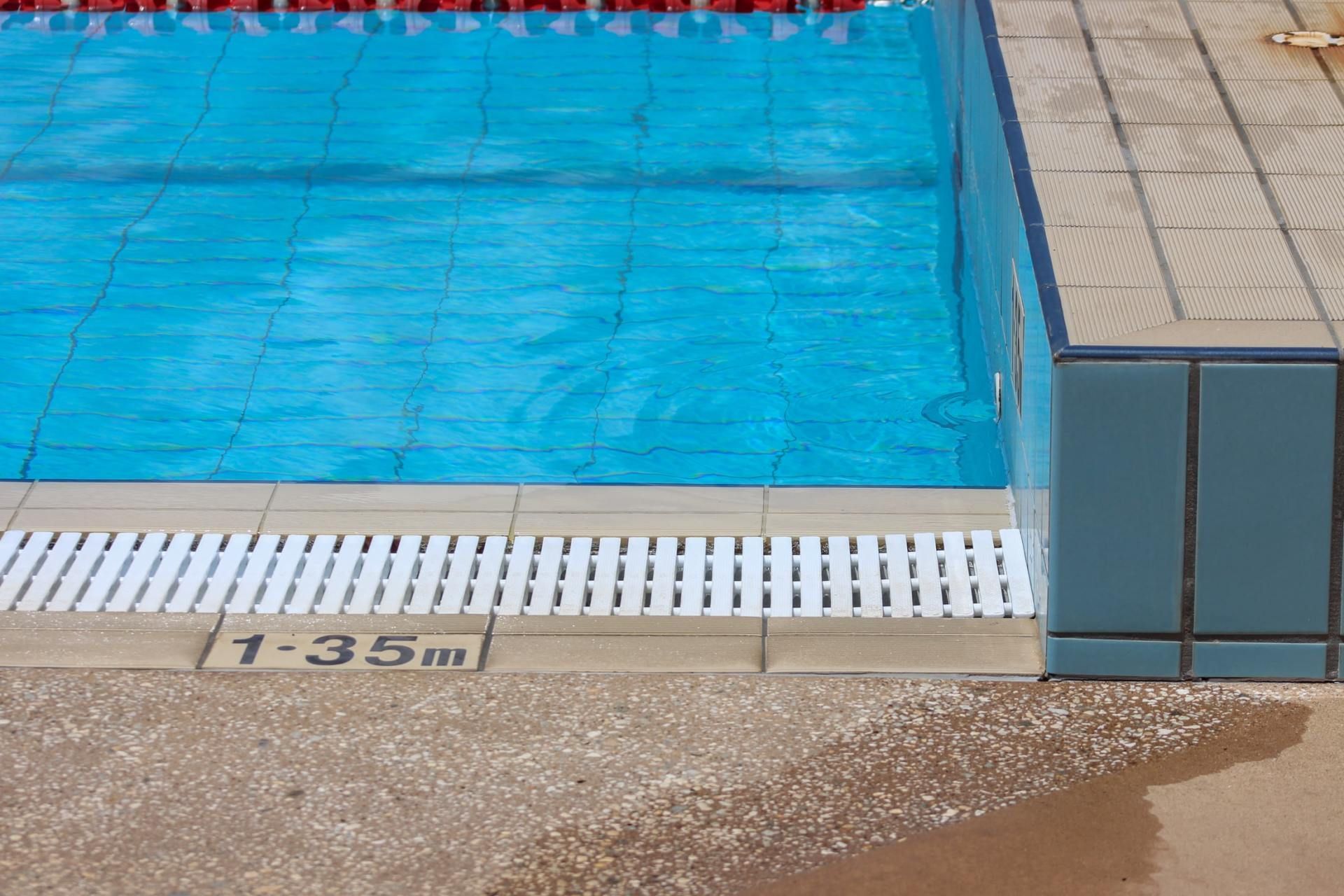
Everyone loves taking a dip in the pool, and having your swimming pool is amazing. Having the flexibility to hop in the water whenever you want and have a good time with loved ones unbeatable.
On the other hand, owning one takes a bit of responsibility and regular maintenance is needed to keep everything nice and clean. One of the biggest issues is calcium buildup in pool water.
Luckily, there are ways to combat against it. Check out the information below to learn more about controlling calcium build up in pool water.
What Causes Calcium Buildup in Pool Water?
When the temperatures are really hot during the summer, it causes the water to evaporate. However, when the pool's pH is also high and it's combined with the heat, the evaporation and alkaline water create calcium buildup in your pool. The end result is a crusty film on your pool tiles.
Also, there are two kinds of calcium scales; one is calcium carbonate and the other is calcium silicate. The calcium carbonate is white and flaky, and pretty simple to clean.
On the other hand, calcium silicate is gray and more challenging to remove. If you discover that its silicate in your pool, there may also be deposits in the pipes and filtration system, and you might have to contact a specialist.
The best way to determine which type of calcium has built up in your pool, pour a few drops of muriatic acid on one of the deposits. If its calcium carbonate, it'll create foam, but calcium silicate will not.
How to Remove Calcium From Pool Tile
Cleaning pool tiles calcium deposits doesn't take lots of tools or equipment. Calcium carbonate deposits can be removed with a stain eraser, scale remover, or pumice stone. However, a pumice stone should only be used on tough surfaces like concrete and tile, and before using it make sure the stone and tile are wet.
But if you choose to use a stain remover, all you have do is apply the chemical on the affected area. Plus, most products a created to be used with a telepole, so application is simple; just be sure to read all manufacturer instructions.
Furthermore, may pool retailers sell treatments that make cleaning pool calcium removal safe for multiple surfaces such as vinyl, fiberglass, and steel.
Removing Calcium Silicate Deposits
The Problem with Calcium Scales
Calcium buildup isn't something that should be ignored; however, it's an eyesore so it's hard to look past it. Furthermore, when the problem gets to be out of hand, it creates a mineral scum that could coat the interior of the pipes and stop up the pool heater.
Efflorescence—mineral scale formed from stones and rock walls—is a big issue with rock walls because moisture leaks through and creates deposits. The mineral scales produce unsightly brown and while stalactites on the rock and tiles.
Furthermore, in areas where there's hard water, it's a common bead-blast tiles to remove scale deposits and help restore the pool back to a pristine look.
Mineral scale also causes cloudy pool water, and it's not cleaned in a regular basis, it can cause the salt cells in a salt water pool to malfunction.
Preventing Calcium Deposits
There are a couple of things you can do to prevent calcium pool scaling is to reduce the pH levels in the water since pH can have a bigger impact on calcium scaling than he calcium levels. Make sure the pH levels are between 7.2-7.6 and the total alkalinity ranges between 80-120 ppm.
I's a smart idea to install an auto pool cover that can help minimize evaporation, which can lead to calcium buildup. Putting a reverse osmosis treatment in your swimming pool to help prevent scale deposits as well.
A pre-filter is another great option for removing matter as you replenish pool water. Screw the filter on your water hose and fill up the pool as normal. The product removes stains and contaminants that cause scale, which makes the water in the pool water pure.
Dng regular maintenance on your swiming pool can help keep calcium deposits at bay as well, especially if you have a pebble or plaster pool. By doing so, it helps to prevent scale film and stop nodule formation.
Also, running pool cleaners on a regular basis will help prevent heavy scale deposits from forming on the pool surface, and on the steps and floors of the pool.
Get the Most Out of Your Swimming Pool
As you can see from the information above, calcium buildup in pool water is a bit of a nuisance, but it's controllable. It would be nice if pool didn't require any maintenance, but that's not reality. Luckily, fixing calcium is fairly simple, but it never hurt to have the experts come in and help you if need be.
If you're looking for pool products such as
CAL BLOCK that blocks calcium and hard scale from building up, don't hesitate to contact us.
LayorCare offers an array of products that can help you keep your pool cleaning and operating properly.
We look forward to helping you soon!
Recent Posts
